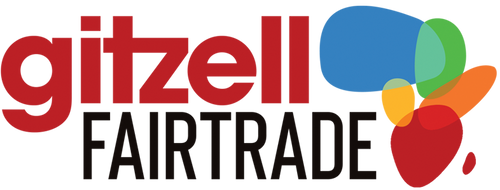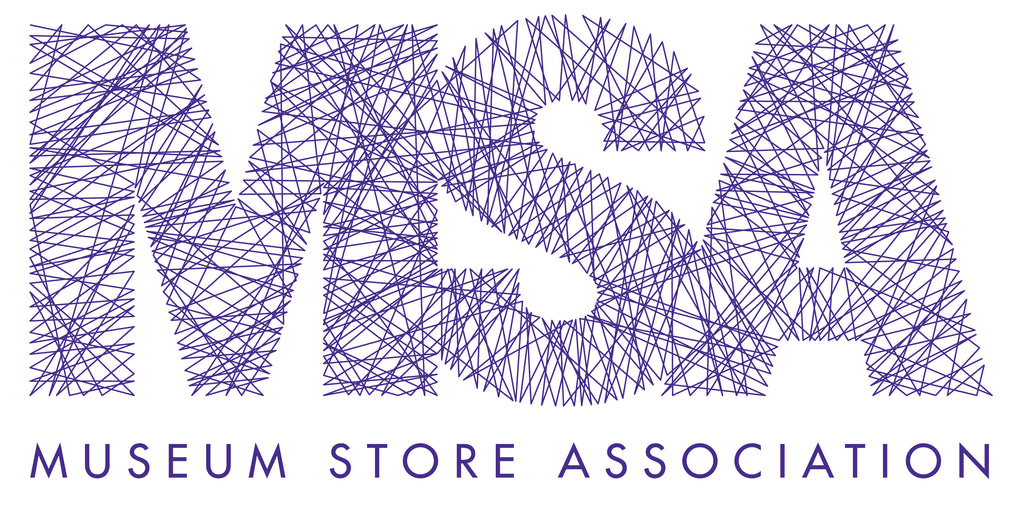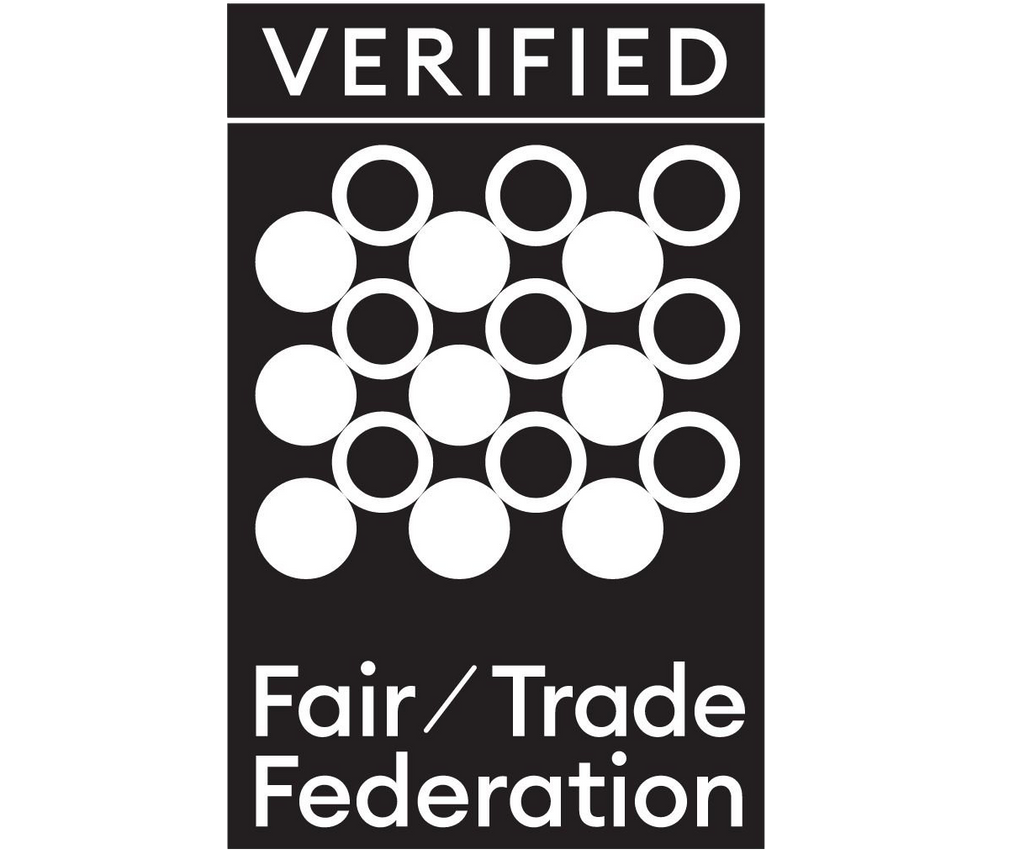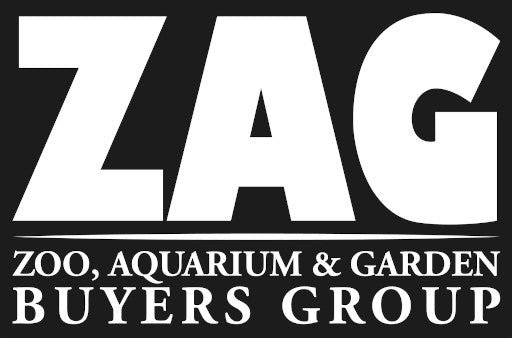The Power of a Water Tank
A water tank is an object that I have seen all my life, but have not thought much about except on these occasions:

1) My family's oldest concrete water tank was built through a women's group that my mother was a member of. I was in elementary school, so it's a long time ago now. The purpose of the women's group was to provide each other with decent household goods like cups, plates, bed sheets, etc., so the water tank was a huge milestone. It stood quite strong and harvested and stored rain water, saving our backs from breaking from the 4 km trek to fetch water. Still today, we do not have tapped water and rely on this and a few other tanks that were added since.

2) My second big encounter with a water tank was during my dowry negotiation. An African woman is traded for goats and cows in marriage, and the quantity and price paid is determined by the value of the lady. For example, the more highly educated or wealthier the woman is, the higher the count of animals that must be traded. The groom's family can negotiate a favorable rate based on the animal's market price. Body size does not count (though in my case, I wish it did - my parents would have won big:) After the negotiated animals, my mother asked the groom to provide a water tank as a symbol that the daughter she has been sending to the river has now been taken.

3) My third encounter with this same object was during my recently completed USAID funded Farmer2Farmer project of optimizing acquisition, distribution and pricing of water tanks in western Kenya through a local micro-finance institution (MFI). The MFI works with women's groups along the Lake Victoria region, made up of smallholder farmers and small business owners who gain tangible and intangible benefits from owning a water tank. Improving the acquisition process for water tanks increases the number of water tanks that are put into use, helping communities become more resilient to climate change related shocks as well as improving livelihoods. This Farmer2Farmer project Access to Finance (A2F) program was executed by Improving Economies for Stronger Communities (IESC). The Farmer2Farmer utilizes volunteer expertise in agriculture plus other executive functioning skills like process improvement, leadership, capacity building, finance, etc. Serving on this project was quite fulfilling and it touched on all the phases that I care for in life, revolving around importance of actualizing the UN's Sustainable Development Goals
"There is no tool for development more effective than the empowerment of women" - Former UN Secretary-General Kofi Annan




